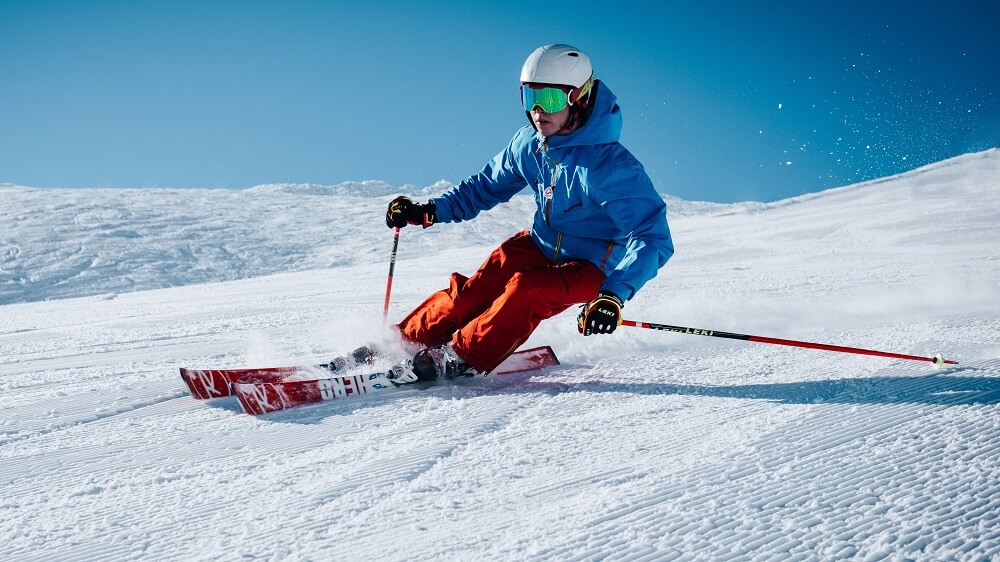Mr Deepu Sethi
Consultant Orthopaedic Surgeon
Specialist expertise: Knee Conditions, Sports Injuries, Orthopaedics, Knee, Knee Arthroscopy, ACL Surgery, Meniscal Surgery, Arthritis, Knee Replacement, PCL Surgery, Knee Injuries, Cartilage Injuries.
For many, this time of year brings with it the excitement of winter sports such as skiing and snowboarding. However, if you are not properly prepared for these activities, you are at risk of suffering from painful and debilitating injuries. Mr Deepu Sethi, Consultant Orthopaedic Surgeon provides an overview of the most common knee injuries – how to prevent them and how to treat them.

It depends upon the skiing conditions. When it is icy it can be difficult to decelerate and people tend to fall onto their hands, causing shoulder and wrist injuries. With softer snow, the vast majority of injuries are to the knee and the anterior cruciate ligament (ACL) and medial collateral ligament (MCL).
Those least prepared for their skiing holiday are most at risk. It’s difficult to go from an office environment to spending several hours each day on a ski slope. The physical aspect of skiing requires a combination of core strength, aerobic fitness, proprioception and balance. In order to manage this on the slope, it is essential to put the training in prior to your holiday.
The most “dangerous” time is in the afternoon, half way through your holiday. This is when the fatigue starts to build-in and the untrained skier is most vulnerable to injury.
We are certainly seeing more knee injuries during the skiing season and this is due to multiple factors:
Mr Toby Baring, Shoulder and Elbow Surgeon at OneWelbeck Orthopaedics explains how to minimise knee injuries during skiing.
ACL injuries are the most common knee injury and (aside from a fracture) in general they should be treated once you have arrived home. Operating on a swollen stiff knee very soon after a knee injury often results in a poor outcome. In the first few days and weeks following an ACL injury, the priority is to reduce the swelling and increase the range of motion of the knee. Surgery can be safely performed weeks or even months, after the initial injury.
The most important thing is to prepare for your skiing holiday so that you can avoid injury, enjoy yourself and have fun skiing!
Here at OneWelbeck, we have a team of specialists, state of the art facilities and diagnostics, and highly competitive financial packages for self-funding patients as well as those with private health care.
Enquire NowWritten by Mr Deepu Sethi, Consultant Orthopaedic Surgeon at OneWelbeck Orthopaedics with expertise in knee injuries and knee conditions with a specialist sub-specialty interest in sports injuries and treatment of the degenerative knee.